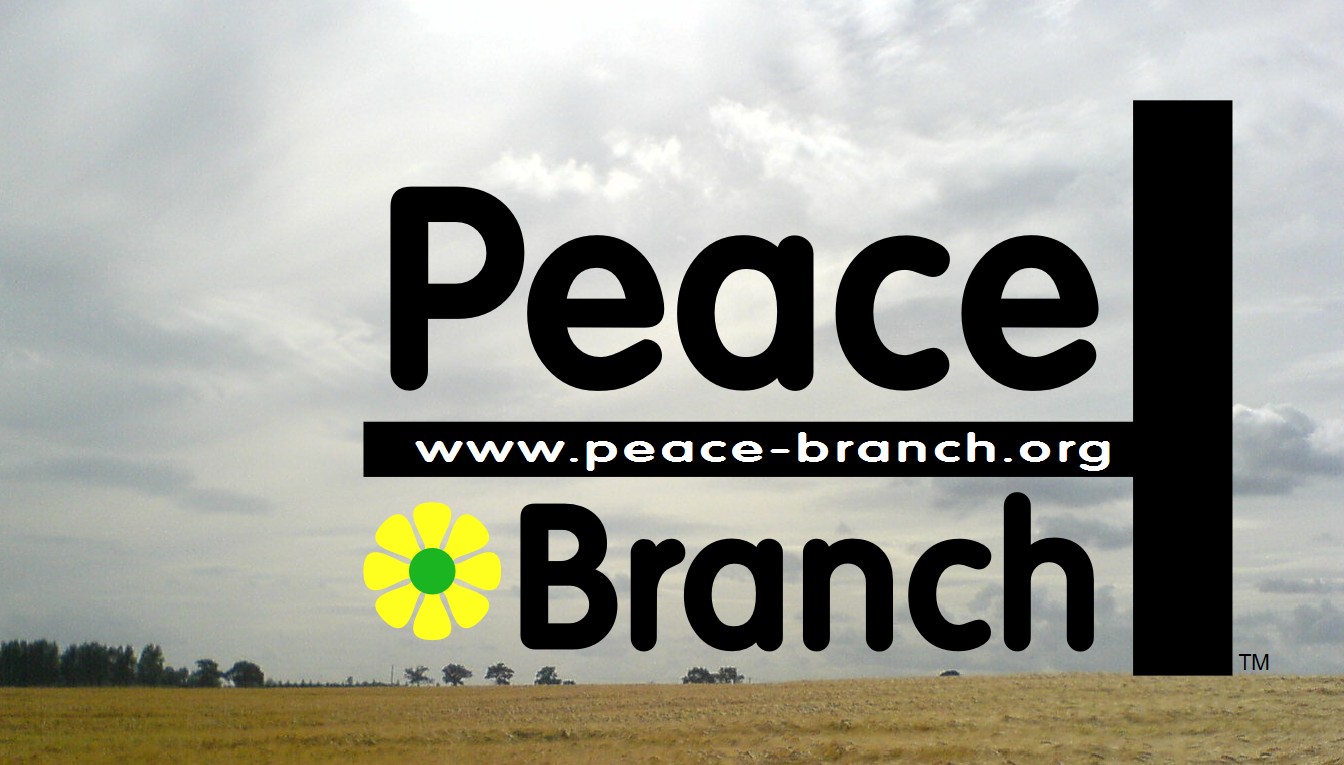Jesus: For this reason I was born... to bear witness to the truth.
Pilate: Truth? What's that?
"What is truth?" has been asked for as long as we have been asking questions and there are many kinds of answer.
'Truth' can mean the opposite of falsehood, deception, or the withholding of information. In this sense 'truth' is along the lines of "thou shalt not bear false witness", or "abstinence from false speech", or "I swear to tell the truth, the whole truth, and nothing but the truth."
In another sense, 'truth' is to do with understanding and knowledge and is in opposition to ignorance, misunderstanding, or delusion.
When it comes to living the way of truth and love, a combination of the two is helpful. But first:
- To speak the truth, we must first be willing to speak it.
- To know the truth, we must first be willing to know it.
Probably the number one obstacle to speaking the truth is fear.
It's often fear of other people, especially fear of what they will think of us. We are social creatures after all and need to belong. Insecurity can also lead us to say things that aren't true because we think other people will think better of us if we say them.
Probably the number one obstacle to knowing the truth - about anything - is our own ego.
We usually think that what we think is right. If we think that something we think is wrong, then we will stop thinking it and think what we think is right. Thinking something is true merely because we already think it is true will not get us far. If, however, we are willing to think we may be wrong, about anything and everything; then we can progress.
This can be quite challenging.
It is helpful to tell the difference between facts and opinions or value judgments.
For example, suppose Petra likes a TV programme called 'Neighbourwatch'. If she says, "I like Neighbourwatch," then that is a fact. If she says, "Neighbourwatch is good," then that is an opinion. Now suppose Peter does not like Neighbourwatch. If he says to Petra, "Neighbourwatch is rubbish," then Petra will disagree. However, they could both agree that Petra likes Neighbourwatch and Peter does not.
Usually, facts are true and opinions are neither true nor false.
Our emotions are generally a consequence of our thoughts, especially subconscious thoughts, and we tend to work backwards to justify our emotions by consciously thinking thoughts that were likely to result in those emotions.
Here's an example that was once on the Royal College of Psychiatrists web site about Cognitive Therapy:
You're walking along the street and pass someone you know. You say "hello," but they pass by without responding.
What does this mean? You could be upset because someone you thought was a friend has snubbed you. Perhaps you've done something to offend them, or they think you've done something to offend them...
OR: Perhaps they had something on their mind and they did not notice you. If they had noticed, they would have asked how you were.
If we subconsciously thought the friend ignored us for an unhappy reason, then we might feel upset, and so we consciouly think the unhappy reason must be right because then we were right to feel upset.
In that example, the 'truth' is that we do not know why the friend did not respond to your greeting. We can then, if we want, try to work out what is the most likely reason.
